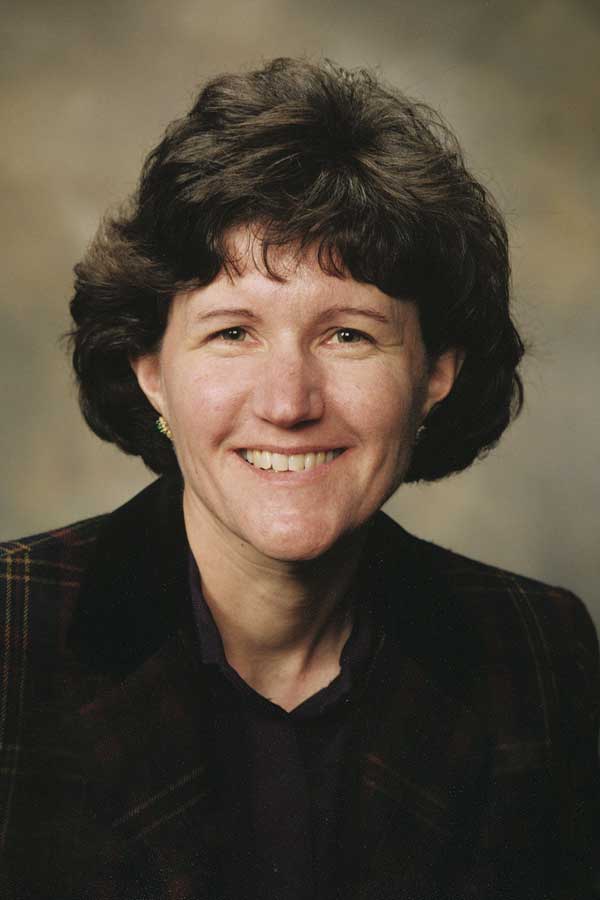The Food Systems Leadership Institute honors Virginia Tech department head

Susan Sumner of Blacksburg, Va., professor and head of the Department of Food Science and Technology in the College of Agriculture and Life Sciences, was among 20 fellows honored during a ceremony at the annual meeting of the National Association of State Universities and Land Grant Colleges in New York City.
The fellows were honored for their accomplishments in completing the Food Systems Leadership Institute leadership development program and for contributions to both their individual disciplines and to the broader discipline of higher education and food systems.
The leadership development program is a two-year program designed for experienced leaders in academia, government, and industry. Through a demanding curriculum that includes in-person learning, executive coaching, mentoring, and personal and group programs, the Food Systems Leadership Institute seeks to enhance personal leadership ability, develop skills and knowledge for organizational change, and broaden perspectives on integrated food systems.
Prior to joining the College of Agriculture and Life Sciences, Sumner was an associate professor and Extension food microbiologist in the Department of Food Science and Technology at the University of Nebraska-Lincoln.
Sumner earned a bachelor of science degree in food science from North Carolina State University, and a master's degree and a doctorate in food science and safety from University of Wisconsin-Madison.
The Food Systems Leadership Institute was created with financial support from the W.K. Kellogg Foundation and is operated in partnership between North Carolina State University, The Ohio State University, and the University of Vermont. Read more about the institute.
Nationally ranked among the top research institutions of its kind, Virginia Tech's College of Agriculture and Life Sciences focuses on the science and business of living systems through learning, discovery, and engagement. The college's comprehensive curriculum gives more than 2,400 students in a dozen academic departments a balanced education that ranges from food and fiber production to economics to human health. Students learn from the world's leading agricultural scientists, who bring the latest science and technology into the classroom.
Written by Christine Reilly.




